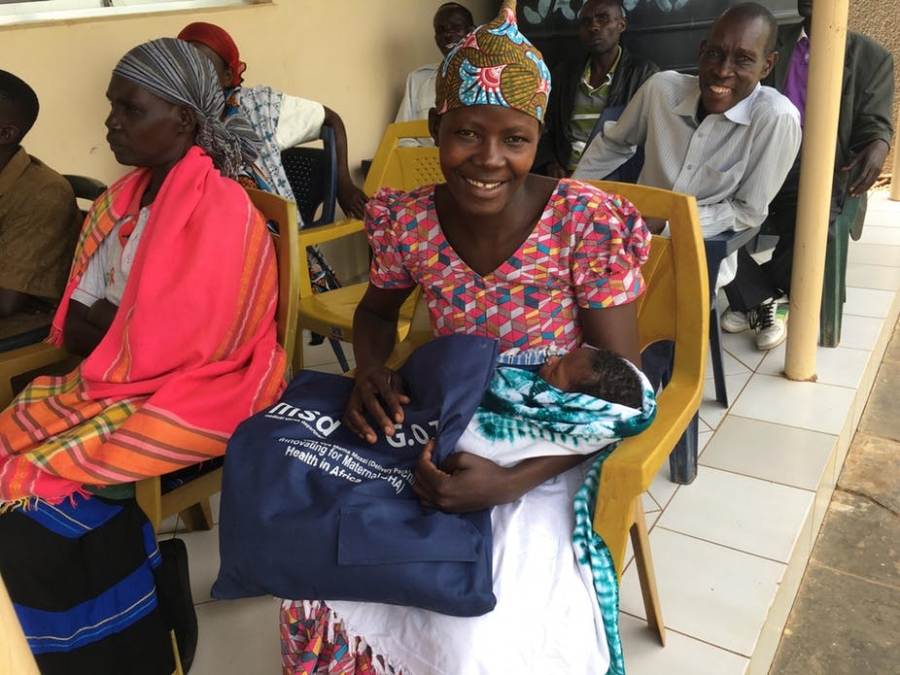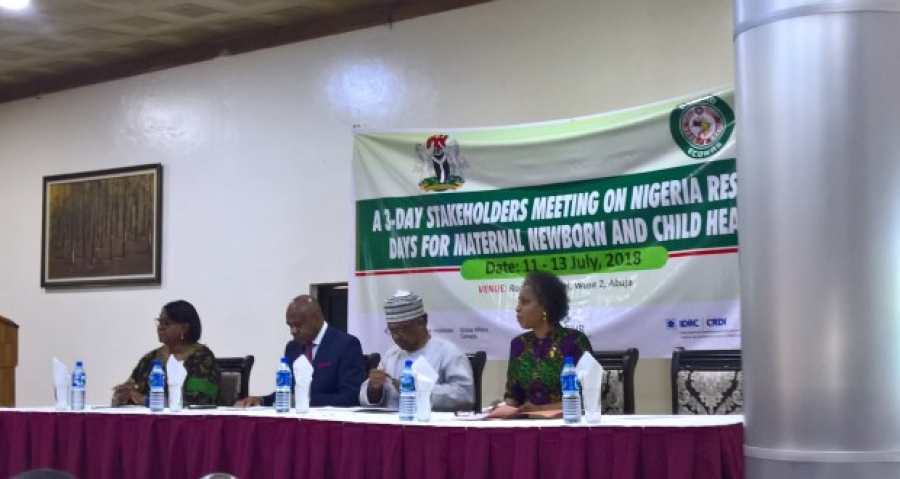News
Research sets out key obstacles to maternal health in rural Tanzania
In Tanzania’s rural Rorya region, approximately 40% of women aren’t in the care of medical staff at hospitals or clinics when they deliver their babies. Instead they give birth at home, sometimes with a traditional birth attendant. The region has the one of the lowest facility birth rates in the country. As a result, women die unnecessarily every year from treatable complications such as bleeding after delivery. Tanzania’s government would like more than 80% of births to be overseen by skilled health care providers. Evidence shows that delivering in a health facility with a skilled birth attendant with access to…
WEST AFRICA: Stakeholders brainstorm in Abuja on Maternal Newborn and Child Health
By TOM CHIAHEMEN, Abuja. A stakeholders meeting on how to move maternal new-born and child health evidence into policy in West Africa is under way in the Nigerian capital, Abuja. Organized by the Federal Ministry of Health in collaboration with the West African Health Organisation (WAHO) and IDRC of Canda, the three-day event, under the theme: “Nigeria Maternal Newborn and Child Health Research Days,” was formally declared open by Nigeria’s Minister of State for Health, Dr, Osagie Ehanire. The aim is to enhance the reduction of maternal and child mortality rate, through the development of more efficient, equitable and sustainable…
Experts: Communities must do more to curb maternal deaths
In Summary However, Dr Dismas Matovelo, a maternal health specialist based in Mwanza Region, believes among other reasons, “the power of communities hasn’t been fully exploited in improving maternal health.”
Nine new grants to improve access to sexual and reproductive health services in Africa
To mark World Health Day, Canada’s International Development Research Centre (IDRC), Global Affairs Canada, and the Canadian Institutes of Health Research (CIHR) are announcing nine new research grants for Innovating for Maternal and Child Health in Africa. This $4.5 million commitment is the result of a call for proposals from the 19 implementation research teams under this partnership. The new grants will allow nine of these teams to scale up promising interventions and address the need for family-planning education, support for adolescent mothers, and sexual and reproductive health services and information. These grants complement the partnership’s existing investments in African…




